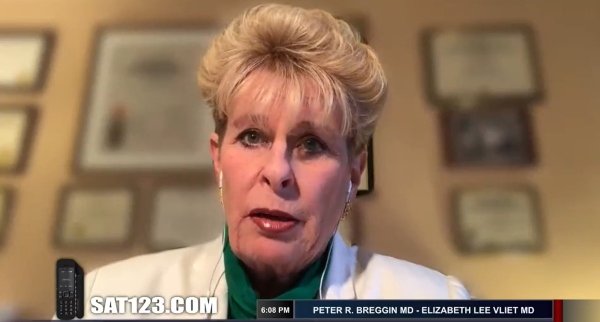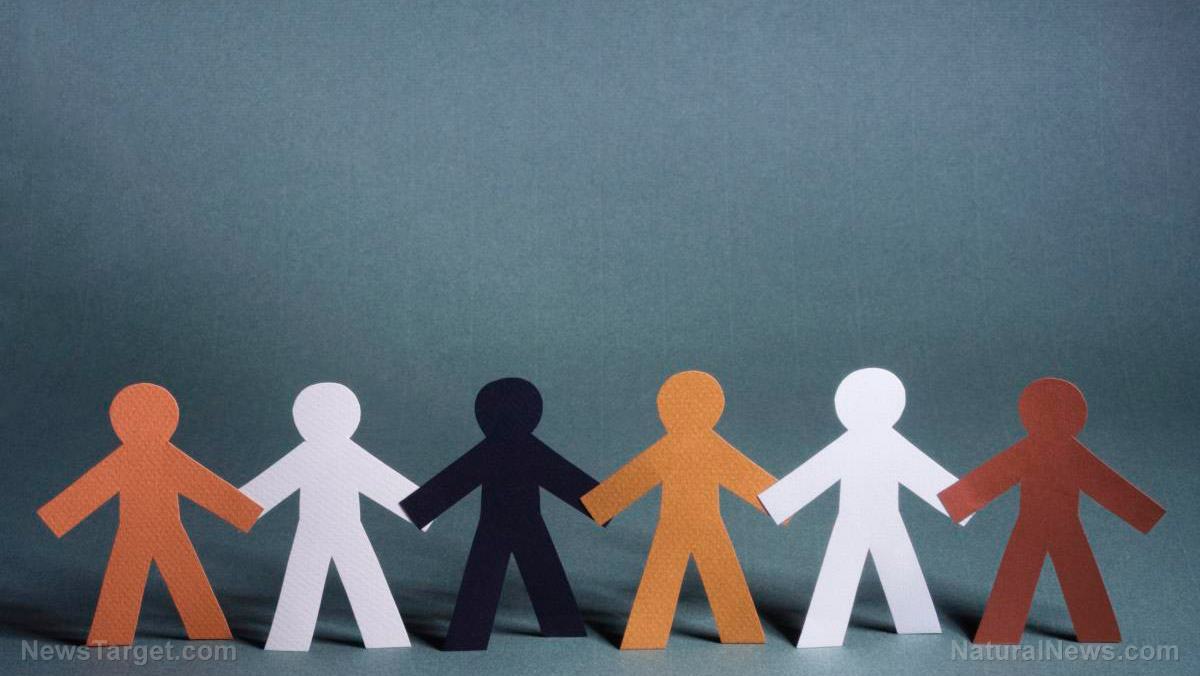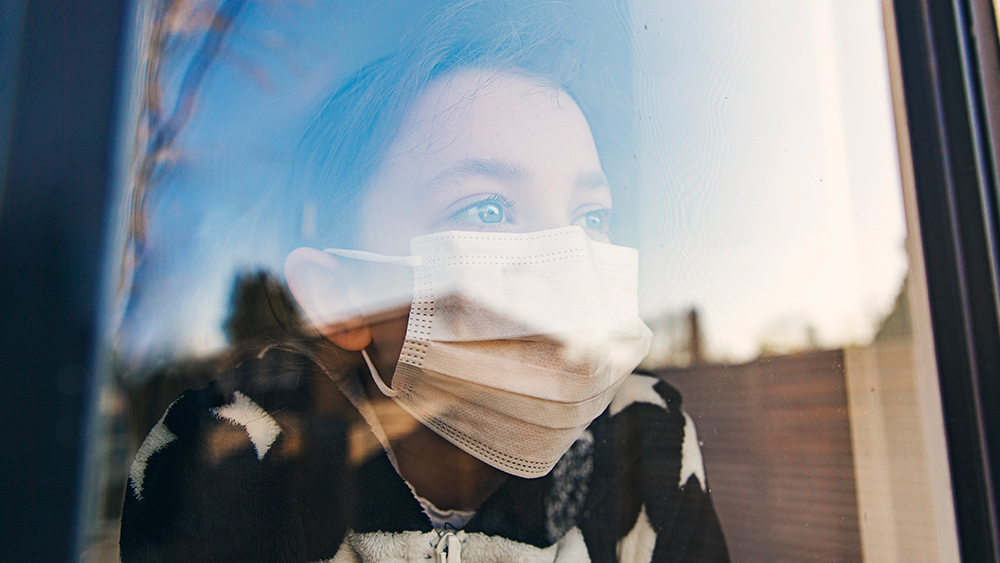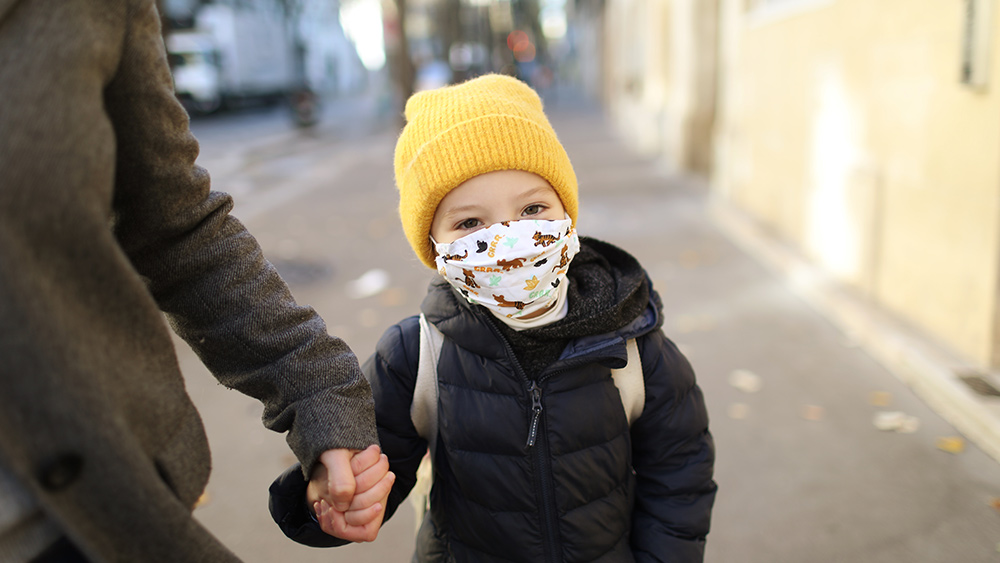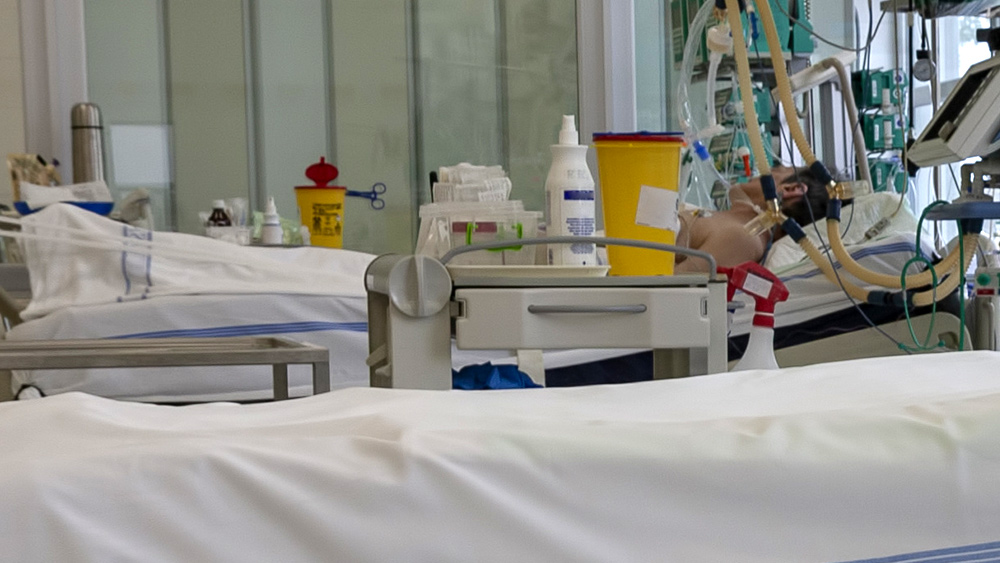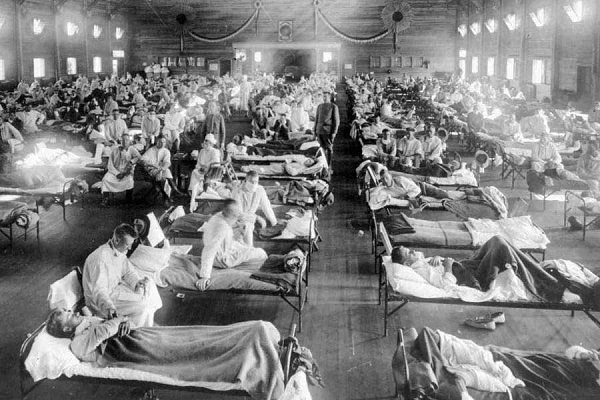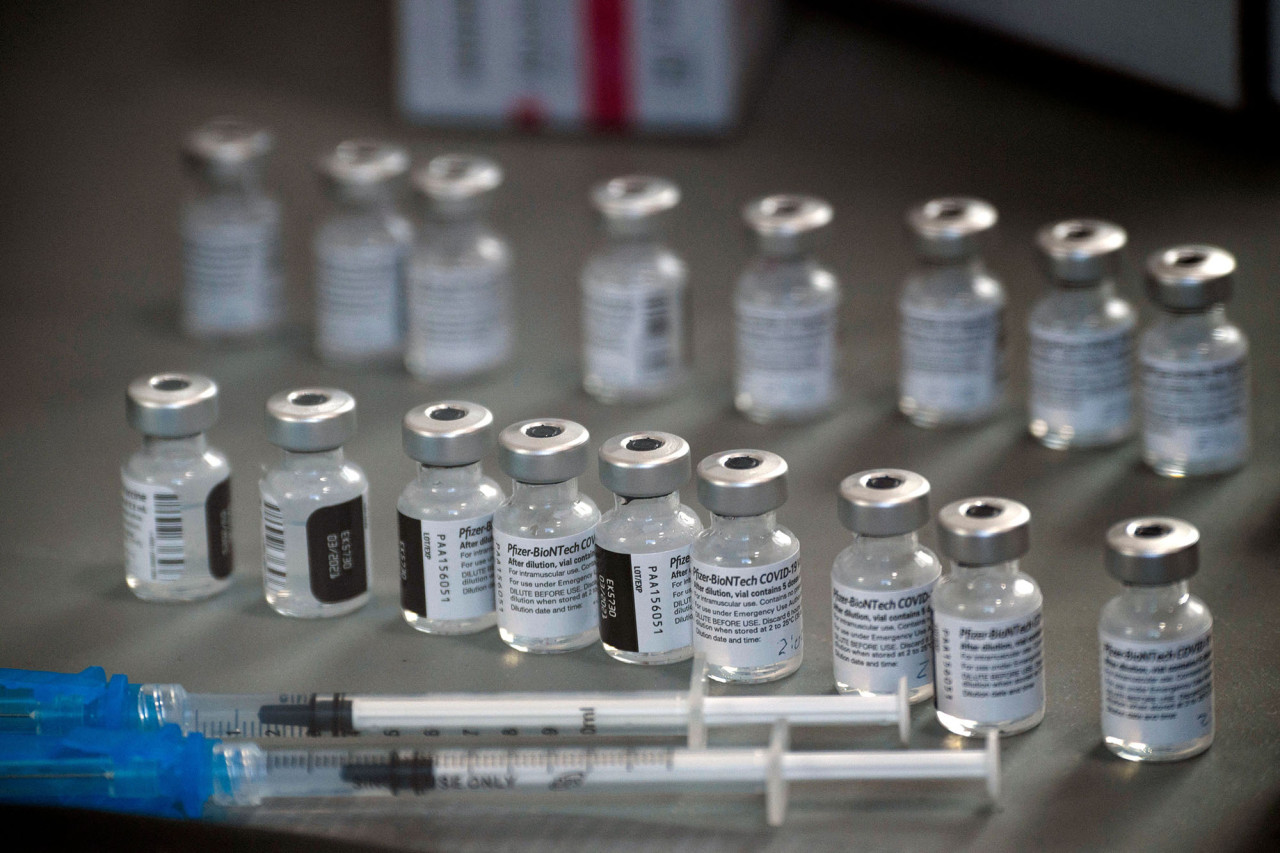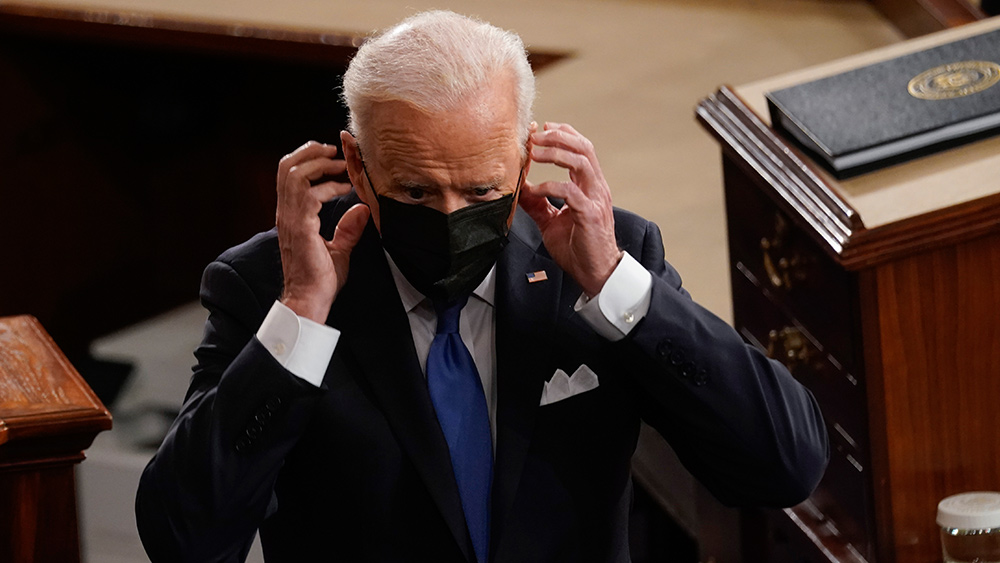Social isolation, loneliness increase heart attack risk… so medical tyrants order more lockdowns and clot shots
01/02/2022 / By Olivia Cook

The Wuhan coronavirus (COVID-19), which has given rise to lockdowns and physical distancing measures, has taken its toll and exacerbated social isolation and loneliness globally, with some countries reporting that up to one in three older people are lonely.
Staying home for extremely long periods of time, having no or very little communication with family, friends or acquaintances, and willfully avoiding contact with other humans when those opportunities arise have all contributed to loneliness during this pandemic.
A sedentary lifestyle as a new normal, deep sadness and inconsolable grief from the loss of loved ones, family and close friends whose deaths were attributed to COVID-19, loss of income, insomnia, fear and anxiety from the impact of the emergency declaration led to extreme agitation.
These were evidenced by a large body of research that showed the serious impact of social isolation and loneliness on older people’s quality of life, physical and mental health and longevity.
Physical health consequences include conditions such as cardiovascular disease (CVD), including coronary heart disease (CHD), which causes angina, heart attacks and stroke. (Related: Social isolation during coronavirus pandemic tied to higher rates of high blood pressure among patients.)
Mental health consequences include conditions such as depression, anxiety, suicidal ideation and suicide, cognitive decline and dementia.
Studies suggest that 20-34 percent of older people in China, India, the United States and regions of Europe and Latin are lonely.
The research from the University of York found that poor social relationships (characterized by social isolation or loneliness were associated with a 29 percent increased risk of heart disease, heart attack or angina and a 32 percent heightened risk of having a stroke.
A publication from the Centers for Disease Control and Prevention showed that the effect of social isolation on mortality is comparable to that of other well-established risk factors such as physical inactivity, smoking and obesity.
Recent studies associated loneliness among heart failure patients with a nearly four times increased risk of death, 68 percent increased risk of hospitalization and 57 percent increased risk of emergency department visits.
Looking beneath the tip of the iceberg
That being said, the World Health Organization (WHO), the International Telecommunication Union, UN Women and the UN Department of Economic Social Affairs put together an advocacy brief that proposed the “creation of a global coalition to increase the political priority of social isolation and loneliness; improvement of research and strengthening the evidence for effective interventions and implementation and the scaling up of effective interventions.”
One of the more promising interventions to reduce social isolation and loneliness are those aimed at individuals delivered either digitally or face-to-face, such as peer support and social activity groups.
Interventions aimed at communities may include “befriending” services and activities that ensure the provision of access and use of Information and Communication Technologies (ICTs) to all individuals and communities, including the most disadvantaged.
Interventions aimed at a wider society involve enabling people to have a sense that they are members of the same community facing shared challenges.
People, however, must make their own decisions and some may like being alone. It is worth noting that social isolation and loneliness are two distinct aspects of social relationships.
Watch the video below to learn about the moral case against masking, social isolation and lockdowns, among others.
This video is from the Paul Velte channel on Brighteon.com.
Follow Mind.news to learn more about the impact of the coronavirus on mental health.
Sources include:
Tagged Under: angina, anxiety relief. mental health, cardiovascular disease, cardiovascular disease risk factors, coronary heart disease, coronary heart disease risk factors, coronavirus, depression, health risk, heart attack, heart health, isolation, loneliness, mental health, mental health and well-being, preventable deaths, public health hazard, social isolation
RECENT NEWS & ARTICLES
BadDoctors.News is a fact-based public education website published by Bad Doctors News Features, LLC.
All content copyright © 2018 by Bad Doctors News Features, LLC.
Contact Us with Tips or Corrections
All trademarks, registered trademarks and servicemarks mentioned on this site are the property of their respective owners.


